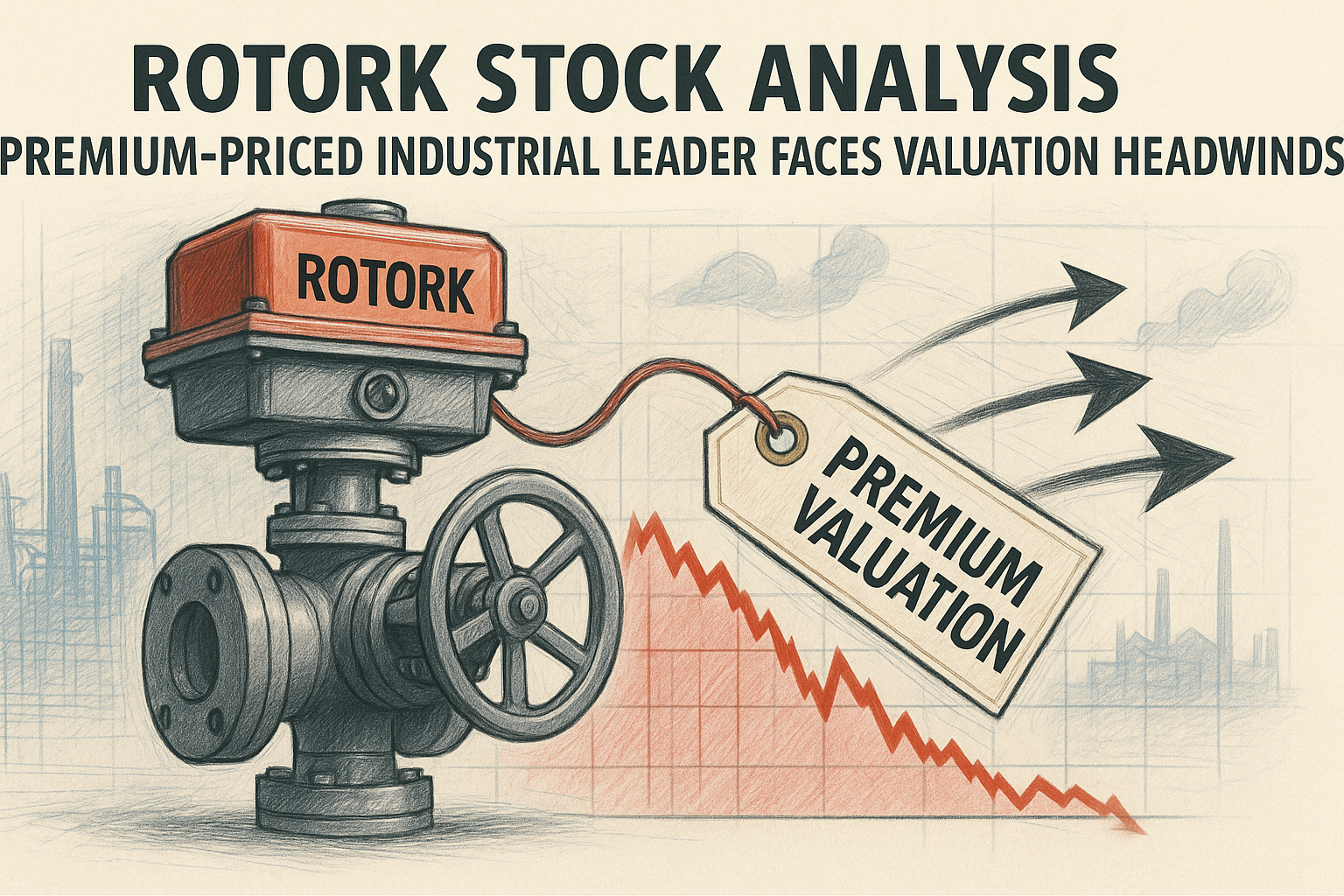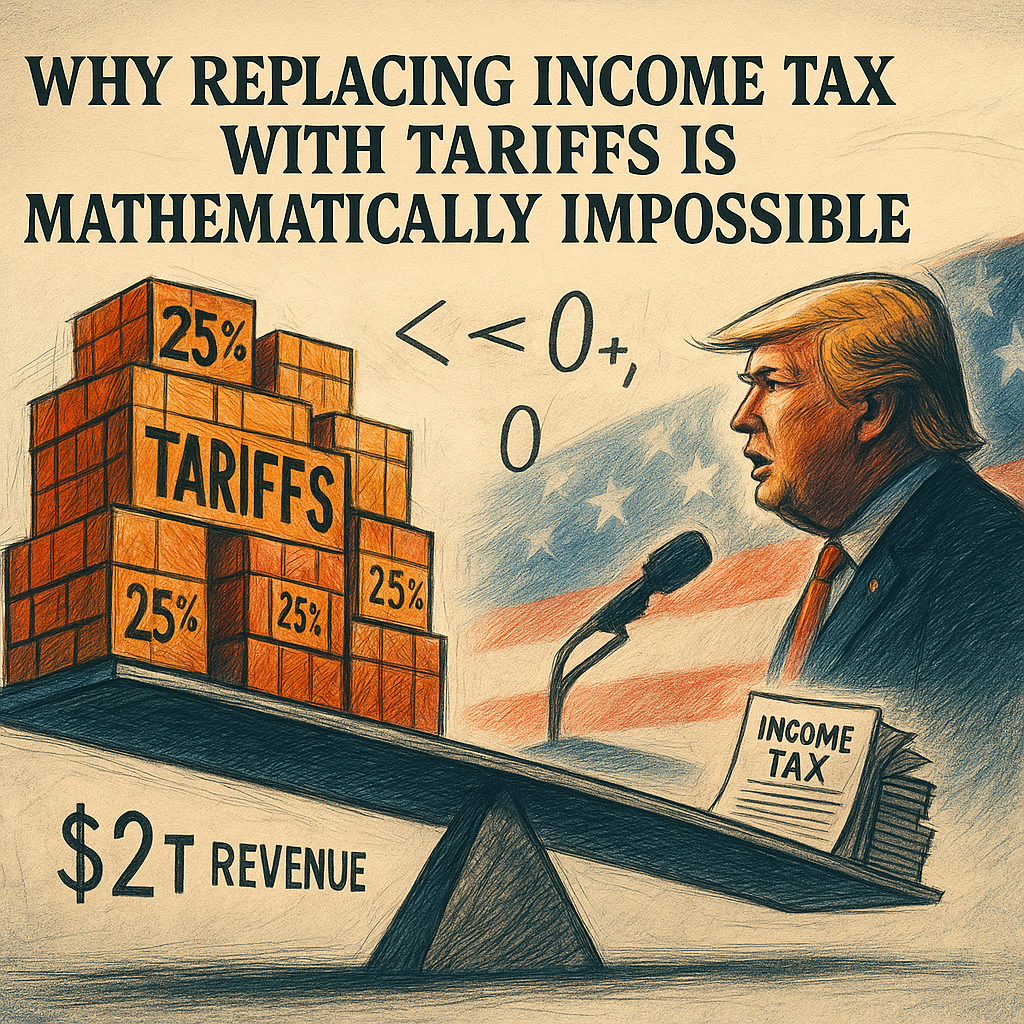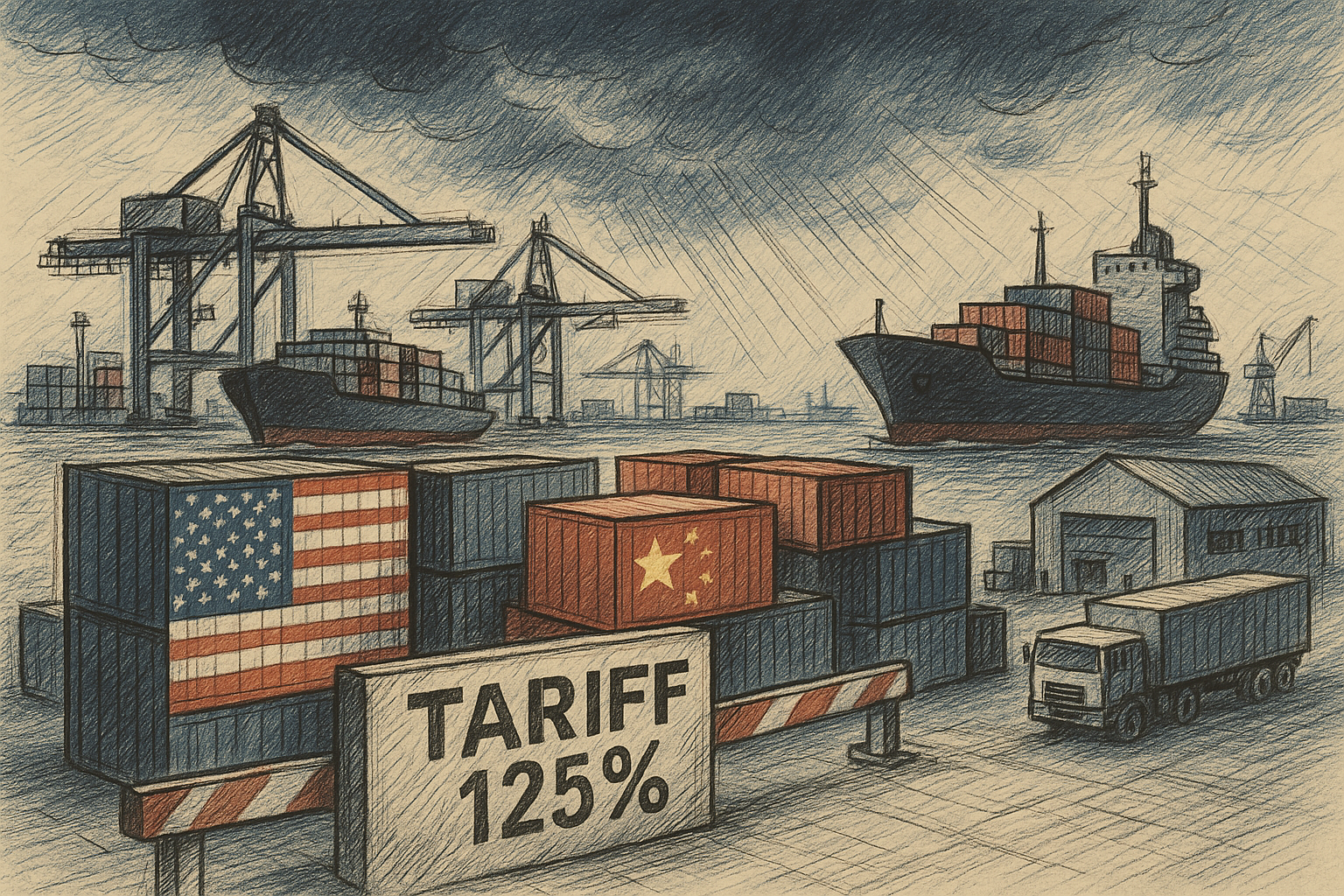

Latest
Finance
Settlement Cycles Explained - Why T+2 Persists In A Digital Era
The T+2 settlement cycle has emerged as a cornerstone of modern securities transactions, balancing the demands of speed. As technology continues to reshape the financial landscape, the persistence of T+2 highlights the delicate interplay between innovation and tradition.
Fame & Fortune
Celine Dion Net Worth 2025 - How The Queen Of Ballads Built Her Fortune
Celine Dion’s success is more than just vocals. Her $800M net worth in 2025 reveals a masterclass in career strategy.
Finance
What Is A Loan-to-Value (LTV) Ratio And Why It Matters
The Loan-to-Value (LTV) ratio is crucial for loan approval, interest rates, and mortgage terms. Learn how it works, why it matters, and how to calculate it to strengthen your financial position.
Finance
What Is The Cheapest Business To Start - 100 Low-Cost Ideas In 2025
Not all businesses require big budgets. If you’re looking for a profitable venture with low startup costs, here are the best options for you.
Finance
20 Smart Money Moves To Make With Your First Salary
This guide cuts through the noise with 20 actionable, expert-backed steps to maximize your salary from budgeting like a pro to investing wisely and avoiding costly mistakes.
Fame & Fortune
Alex Cooper’s Husband: Everything To Know About Her Marriage To Matt Kaplan
From the proposal to their wedding and business ventures, here’s the full story of Alex Cooper and Matt Kaplan’s relationship—how it began, how it’s going, and what’s next.
Investments
18 Critical Red Flags To Look Out For When Buying A Property
When exploring the crucial topic of "What are the red flags to look out for when buying a property" it's essential to be aware of potential pitfalls. This topic not only guides buyers in identifying warning signs but also emphasizes the importance of due diligence in the property purchasing process.
Fame & Fortune
Is Catherine Bell Gay? Inside Her Love Life And Dating History
Speculation swirls around Catherine Bell’s sexuality. We break down her dating history and uncover what’s really known
Finance
Settlement Cycles Explained - Why T+2 Persists In A Digital Era
The T+2 settlement cycle has emerged as a cornerstone of modern securities transactions, balancing the demands of speed. As technology continues to reshape the financial landscape, the persistence of T+2 highlights the delicate interplay between innovation and tradition.
Fame & Fortune
Celine Dion Net Worth 2025 - How The Queen Of Ballads Built Her Fortune
Celine Dion’s success is more than just vocals. Her $800M net worth in 2025 reveals a masterclass in career strategy.
Finance
What Is A Loan-to-Value (LTV) Ratio And Why It Matters
The Loan-to-Value (LTV) ratio is crucial for loan approval, interest rates, and mortgage terms. Learn how it works, why it matters, and how to calculate it to strengthen your financial position.
Finance
What Is The Cheapest Business To Start - 100 Low-Cost Ideas In 2025
Not all businesses require big budgets. If you’re looking for a profitable venture with low startup costs, here are the best options for you.
Finance
20 Smart Money Moves To Make With Your First Salary
This guide cuts through the noise with 20 actionable, expert-backed steps to maximize your salary from budgeting like a pro to investing wisely and avoiding costly mistakes.
Fame & Fortune
Alex Cooper’s Husband: Everything To Know About Her Marriage To Matt Kaplan
From the proposal to their wedding and business ventures, here’s the full story of Alex Cooper and Matt Kaplan’s relationship—how it began, how it’s going, and what’s next.
Investments
18 Critical Red Flags To Look Out For When Buying A Property
When exploring the crucial topic of "What are the red flags to look out for when buying a property" it's essential to be aware of potential pitfalls. This topic not only guides buyers in identifying warning signs but also emphasizes the importance of due diligence in the property purchasing process.
Fame & Fortune
Is Catherine Bell Gay? Inside Her Love Life And Dating History
Speculation swirls around Catherine Bell’s sexuality. We break down her dating history and uncover what’s really known
![Tobey Maguire Net Worth Timeline [2025] - From Teen Star To Millionaire](https://www.barrons-independent.com/wp-content/uploads/2025/04/5a288eaac5767272/tobey-maguire-net-worth.jpeg)









